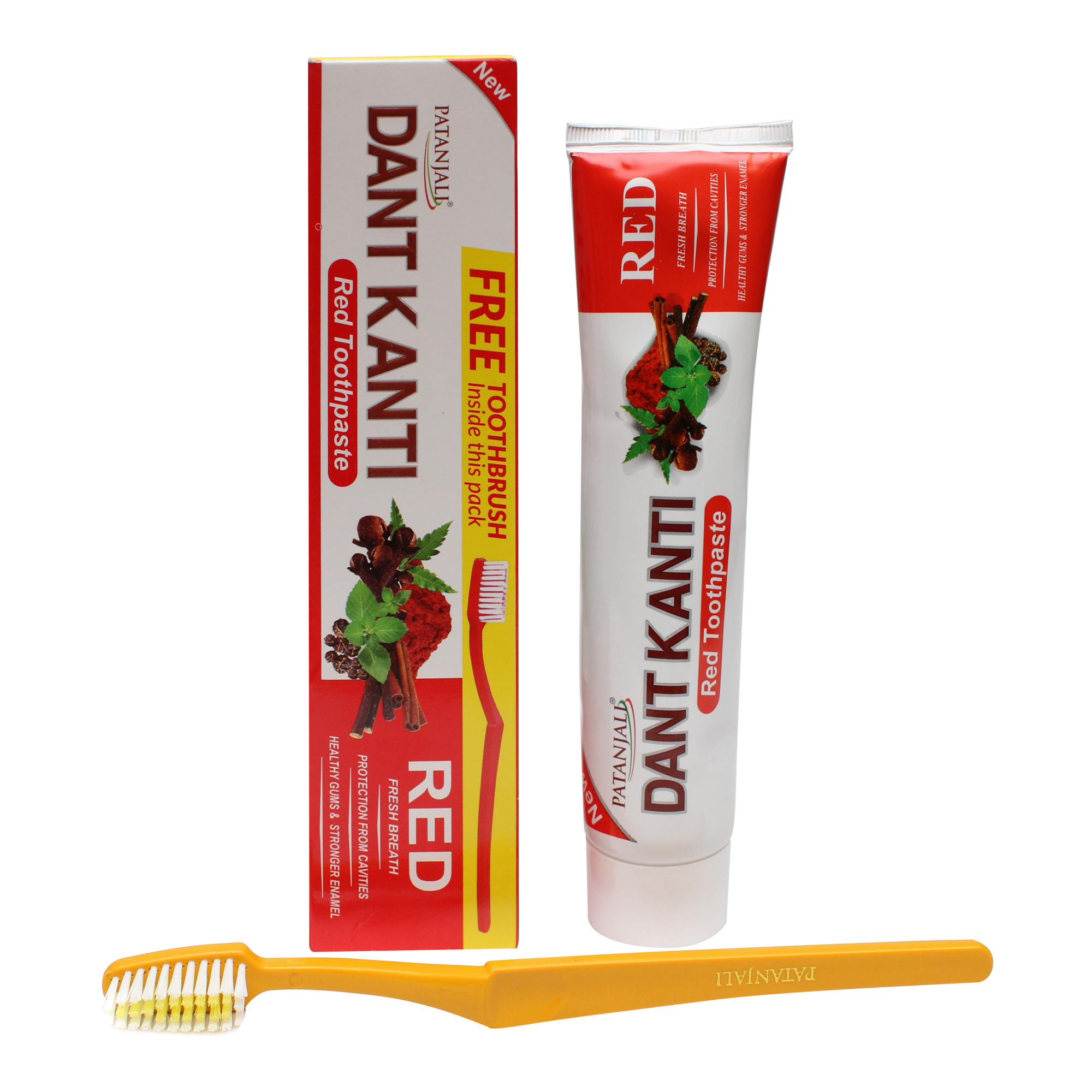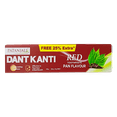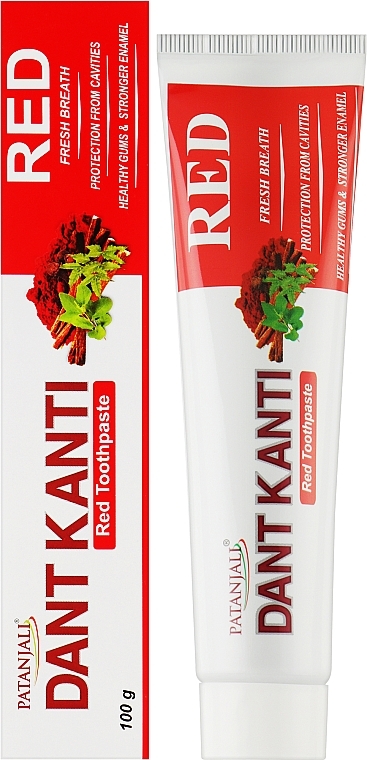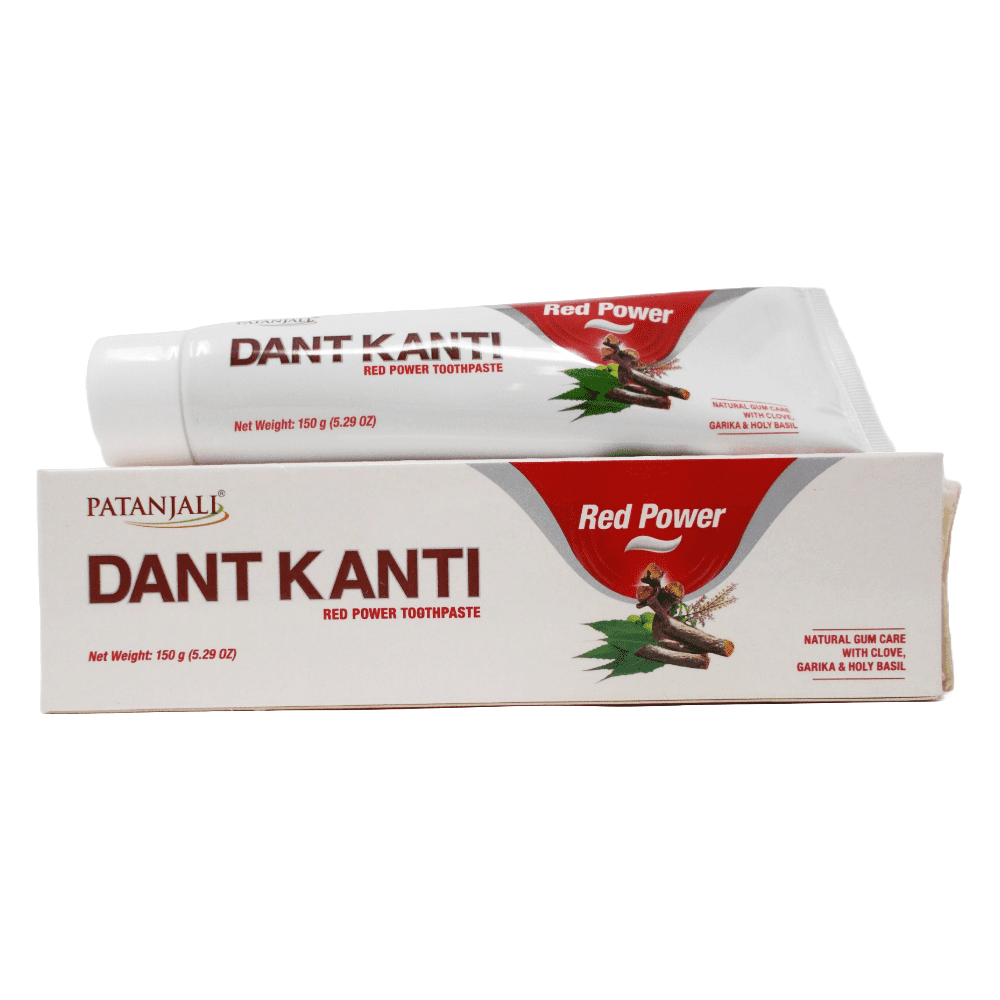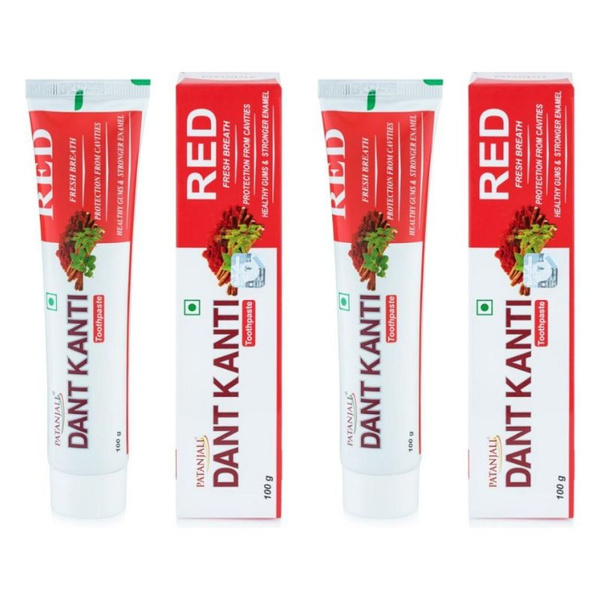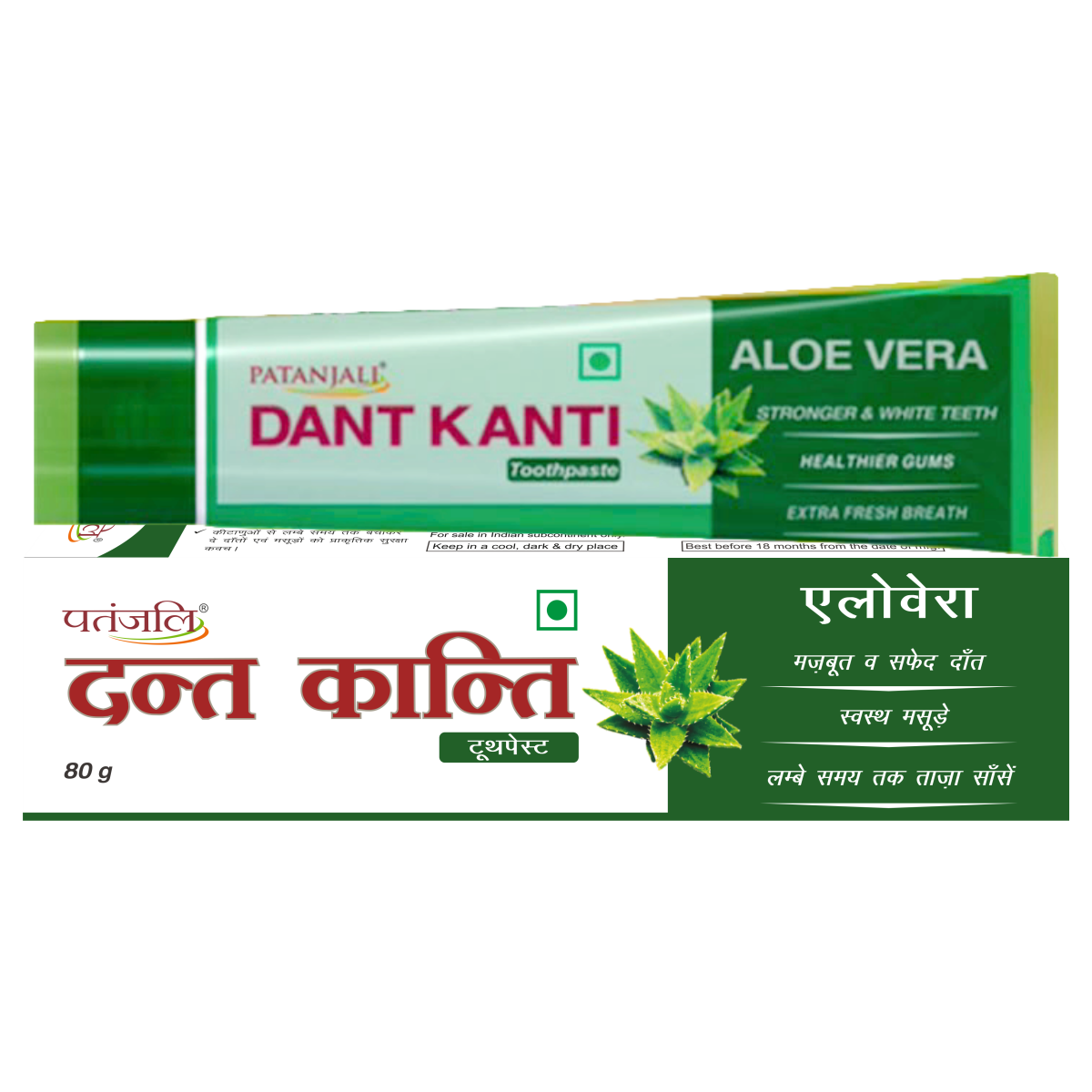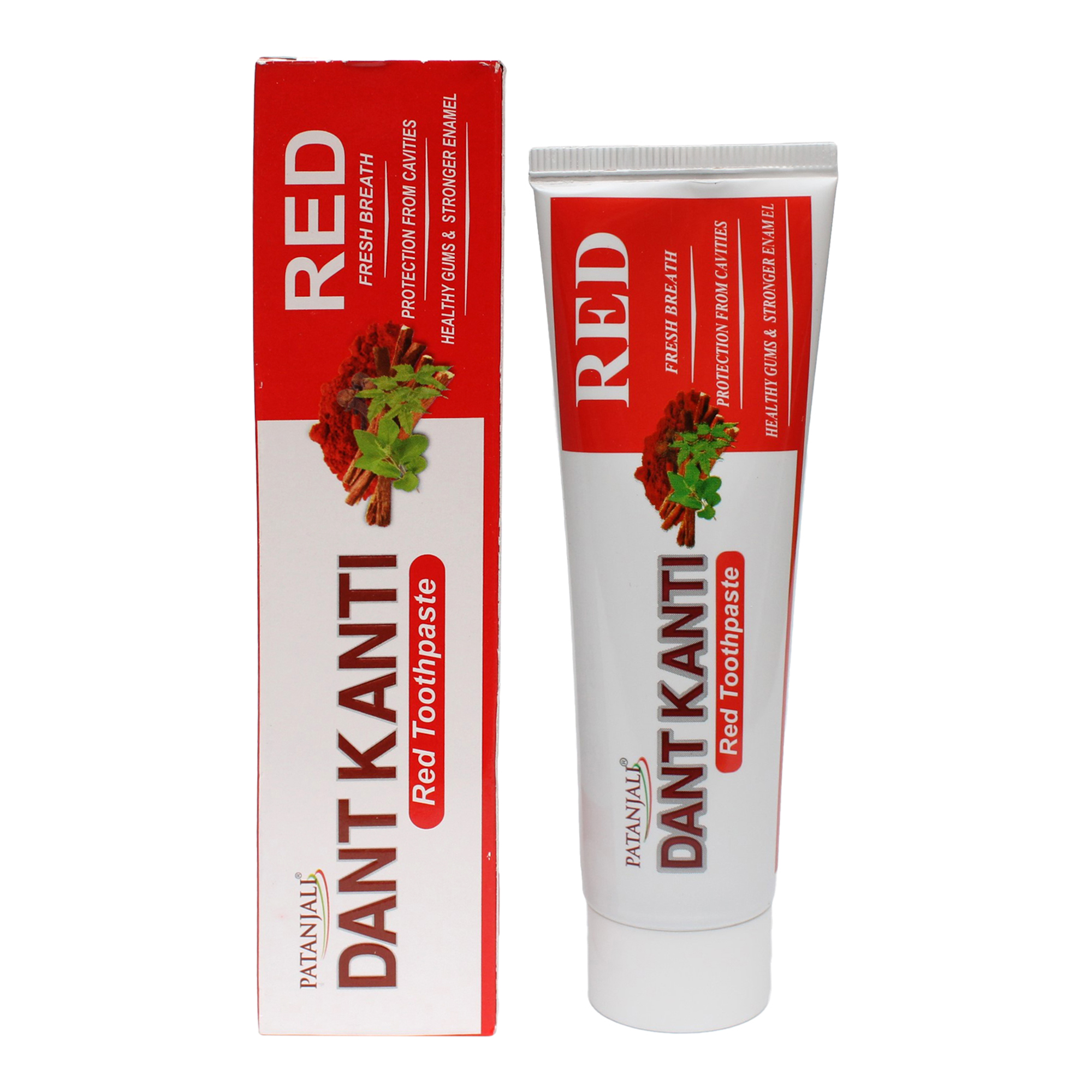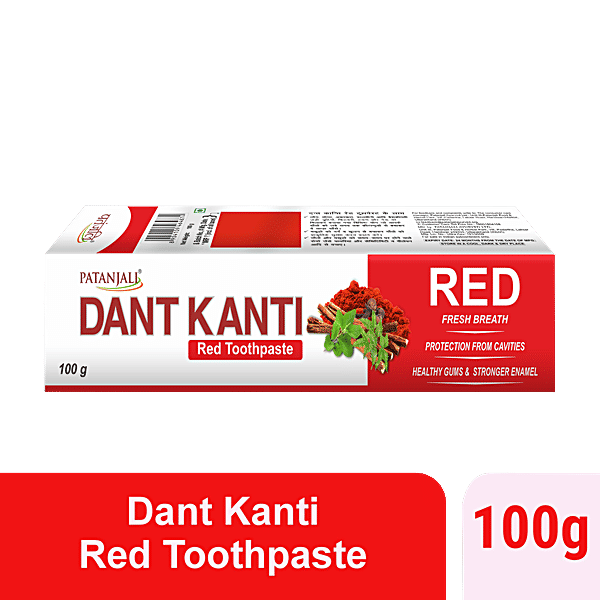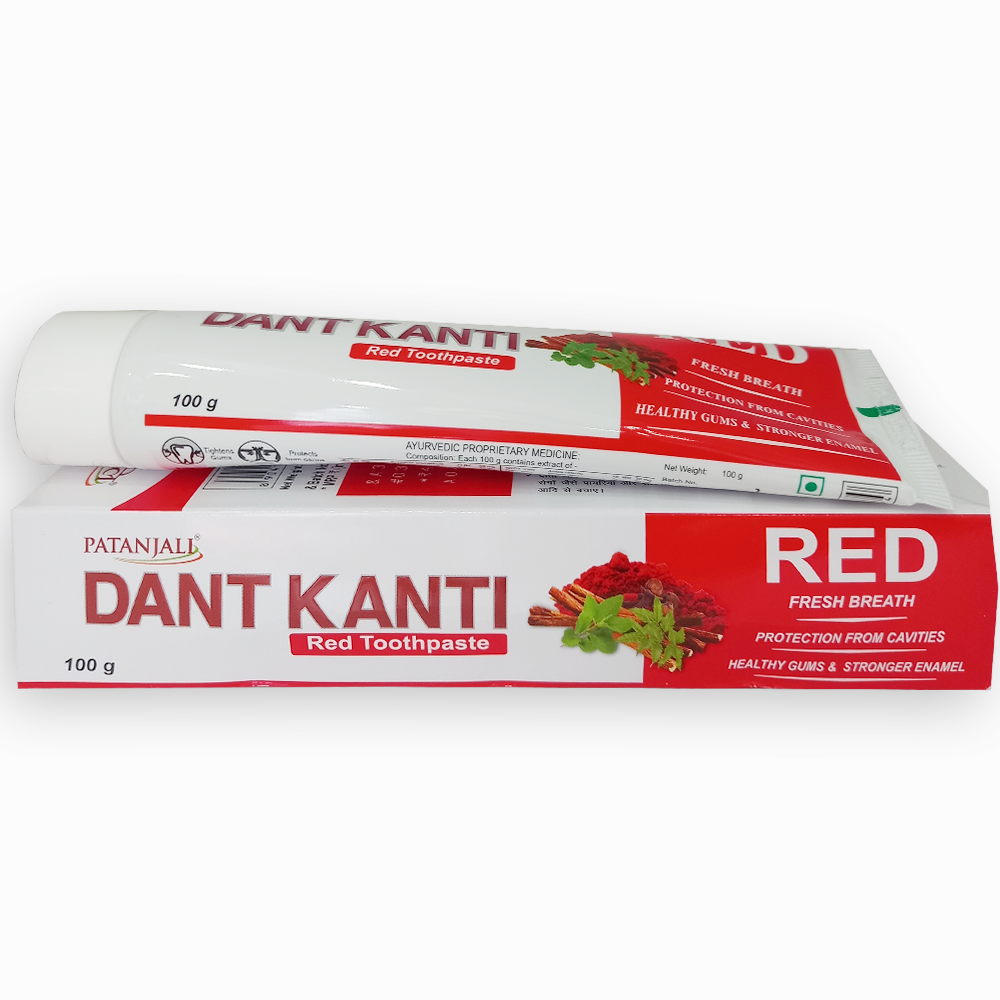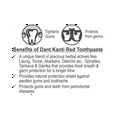Dabur Red Toothpaste Vs Patanjali Dant Kanti

A fierce battle for market share intensifies within India's oral care sector. The long-standing rivalry between Dabur Red Toothpaste and Patanjali Dant Kanti takes center stage as both brands vie for dominance.
This article breaks down the key factors driving this competition, from pricing strategies to evolving consumer preferences. We examine how each company is innovating to stay ahead in the competitive landscape.
The Players: Dabur Red vs. Patanjali Dant Kanti
Dabur Red Toothpaste, a household name, boasts a heritage rooted in Ayurvedic principles. It emphasizes a focus on traditional ingredients for comprehensive oral hygiene.
Patanjali Dant Kanti, a relative newcomer, rapidly gained popularity by leveraging a nationalist sentiment. It promoted herbal formulations and affordability.
Market Dynamics and Consumer Preferences
India's toothpaste market is estimated to be worth billions of dollars annually. It is witnessing a surge in demand for herbal and natural oral care products.
Consumers are increasingly health-conscious, seeking alternatives to conventional fluoride-based toothpastes. This is a boon for brands like Dabur and Patanjali.
Pricing Strategies: The Affordability Factor
Patanjali Dant Kanti strategically undercuts Dabur Red on price. It positions itself as a value-for-money option for budget-conscious consumers.
Dabur Red counters this with promotional offers and larger pack sizes. It aims to retain its customer base through perceived quality and brand loyalty.
Innovation and Product Development
Both companies invest heavily in research and development. They launch new variants and formulations to cater to evolving consumer needs.
Dabur has introduced specialized variants targeting specific oral health issues. This includes sensitivity and gum care.
Patanjali expands its product line with herbal mouthwashes and dental creams. It reinforces its commitment to natural oral care.
Marketing and Distribution Channels
Dabur utilizes a wide distribution network, reaching both urban and rural markets. This utilizes traditional retail outlets and modern supermarkets.
Patanjali leverages its own retail outlets and online platforms. It promotes its products through aggressive advertising campaigns on television and social media.
Impact on the Oral Care Industry
The competition between Dabur Red and Patanjali Dant Kanti has transformed India's oral care industry. It forces other players to adopt competitive pricing and focus on herbal formulations.
The increased awareness of Ayurvedic oral care benefits the overall health of the population. This drives demand for natural toothpaste options.
The Numbers: A Snapshot of Market Share
While precise market share figures fluctuate, reports indicate that both Dabur Red and Patanjali Dant Kanti hold significant positions. They compete within the top five toothpaste brands in India.
Competition is stiff with multinational giants. These include Colgate-Palmolive and Hindustan Unilever.
Future Outlook: What's Next?
The battle for market share between Dabur Red and Patanjali Dant Kanti is expected to intensify. Both brands will continue to innovate and adapt to changing consumer preferences.
Ongoing developments include exploring new ingredients, strengthening online presence, and expanding into international markets.

